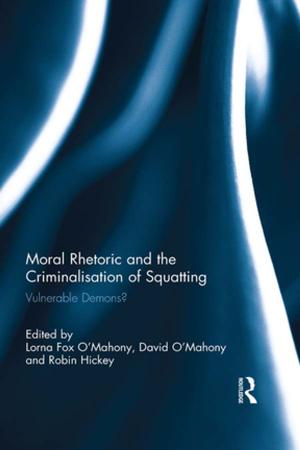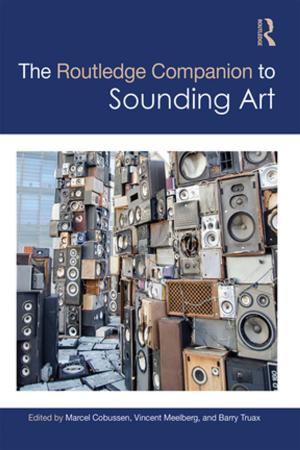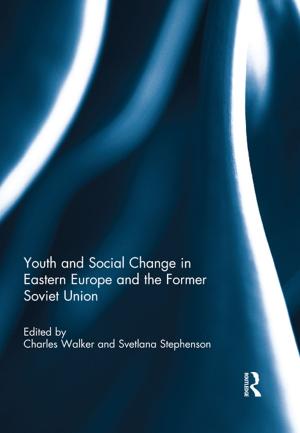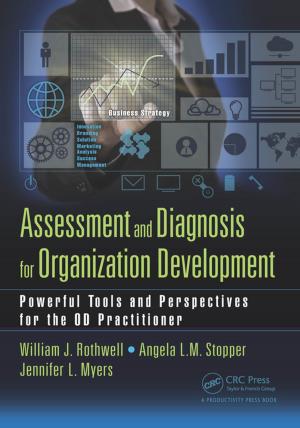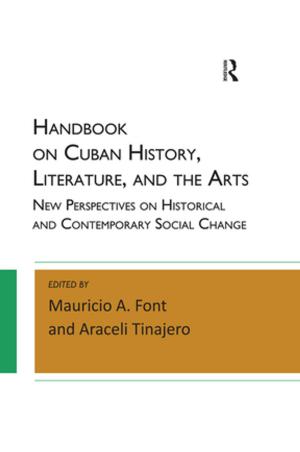The Power of Cities in International Relations
Nonfiction, Social & Cultural Studies, Social Science, Sociology, Urban, Political Science, International, International Relations| Author: | ISBN: | 9781317915850 | |
| Publisher: | Taylor and Francis | Publication: | April 16, 2014 |
| Imprint: | Routledge | Language: | English |
| Author: | |
| ISBN: | 9781317915850 |
| Publisher: | Taylor and Francis |
| Publication: | April 16, 2014 |
| Imprint: | Routledge |
| Language: | English |
Cities have become increasingly important to global politics, but have largely occupied a peripheral place in the academic study of International Relations (IR). This is a notable oversight for the discipline, although one which may be explained by IR’s traditional state centrism, the subjugation of the city to the demands of the territorial state in the modern period, and a lack of conceptual and analytical frameworks that can allow scholars to include the impact of cities within their work.
Presenting case-specific scholarship from leading experts in the field, each contribution guides the reader through the changing nature of cities in the international system and their increasing prominence in global governance outcomes. The book features case studies on the financial power of cities, city action in the security domain, collaboration of cities in coping with environmental problems, transnational urban regions, and mayors as international actors to illustrate if the relationship between the city and the state has changed in profound ways, and how cities are empowered by structural changes in world politics.
The multidisciplinary and global focus in The Power of Cities in International Relations sheds much needed light on the significance of the reemergence of cities from the long shadow of the nation-state. Only by examining the mechanisms that have empowered cities in the last few decades can we understand their new functions and capabilities in global politics.
Cities have become increasingly important to global politics, but have largely occupied a peripheral place in the academic study of International Relations (IR). This is a notable oversight for the discipline, although one which may be explained by IR’s traditional state centrism, the subjugation of the city to the demands of the territorial state in the modern period, and a lack of conceptual and analytical frameworks that can allow scholars to include the impact of cities within their work.
Presenting case-specific scholarship from leading experts in the field, each contribution guides the reader through the changing nature of cities in the international system and their increasing prominence in global governance outcomes. The book features case studies on the financial power of cities, city action in the security domain, collaboration of cities in coping with environmental problems, transnational urban regions, and mayors as international actors to illustrate if the relationship between the city and the state has changed in profound ways, and how cities are empowered by structural changes in world politics.
The multidisciplinary and global focus in The Power of Cities in International Relations sheds much needed light on the significance of the reemergence of cities from the long shadow of the nation-state. Only by examining the mechanisms that have empowered cities in the last few decades can we understand their new functions and capabilities in global politics.

